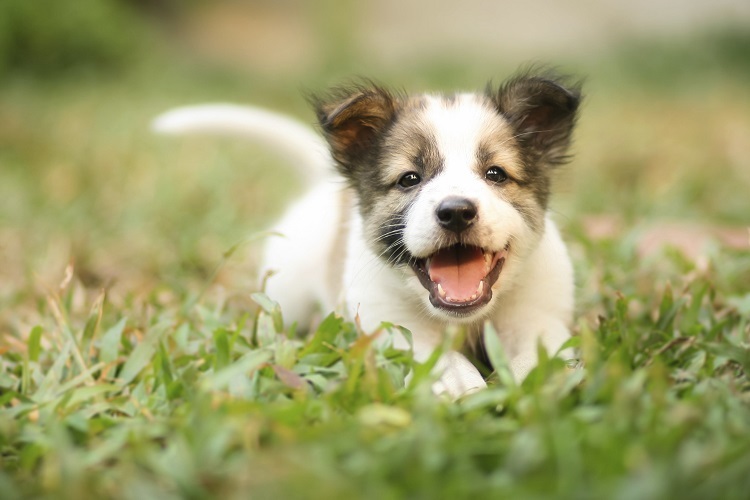In addition to keeping your dog looking fantastic, regular grooming is essential for their general health. Consistent grooming helps identify potential health issues early, such as skin problems, parasites, or infections. Primary grooming routines include brushing, bathing, nail trimming, and ear cleaning. Each task contributes significantly to keeping your dog healthy, comfortable, and happy.
Finding a reliable dog groomer can ensure that these grooming needs are met professionally and effectively. A skilled groomer can offer insightful advice and methods to meet your dog’s needs. Frequent grooming sessions also allow checking for abnormalities like lumps, bumps, or skin conditions that might need veterinary attention.
Table of Contents
The Role of Nutrition in Coat Health
A dog’s diet significantly impacts its coat health. A balanced diet containing essential fatty acids, vitamins, and minerals is crucial. Omega-3 and omega-6 fatty acids enhance coat condition and reduce skin inflammation. Consulting a vet about your dog’s specific nutritional needs is essential, as they can recommend the best food for skin and coat health. Supplements may be an option if dietary adjustments are insufficient. Water intake is also crucial for maintaining skin suppleness and a healthy coat.
Regular Check-ups for Optimal Coat Health
Frequent veterinary examinations are essential for detecting underlying medical conditions, including allergies, hormone imbalances, and parasites, that may impact your dog’s coat. Veterinarians assess your dog’s overall health and provide recommendations for maintaining its coat, such as dietary changes, supplements, or treatments. Regular appointments ensure your dog’s coat remains healthy and shiny while maintaining a good relationship with your veterinarian, which allows for a proactive approach to potential issues before they become serious.
DIY Grooming: Basic Tips and Techniques
Grooming your dog at home is a rewarding bonding experience and helps maintain its coat between professional grooming sessions. Regular brushing removes loose hair and dirt and prevents matting, with frequency depending on the dog’s coat type. Dog-specific shampoos are used to avoid skin irritation and maintain natural oils. Carefully clean sensitive areas like ears and eyes with damp cloths, avoiding harsh chemicals. If unsure, consult a professional groomer for advice on proper tasks like nail trimming and ear cleaning, as improper handling can pose risks to your dog. Their knowledge guarantees the effective and secure completion of these duties.
When to Seek Professional Grooming
Expert groomers are adept at performing intricate grooming procedures like cutting nails, cleaning ears, and making cuts unique to a particular breed. They can identify potential health issues early, such as skin infections, ear mites, and abnormal growths, allowing for timely veterinary intervention. They also offer specialized services like de-shedding, flea and tick treatments, and customized haircuts tailored to your dog’s breed and lifestyle. This ensures your pet looks its best and contributes to their overall health.








